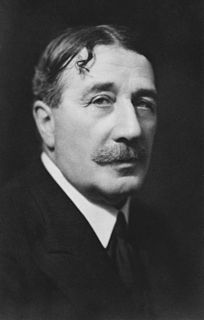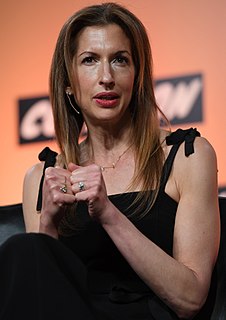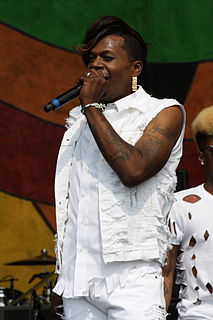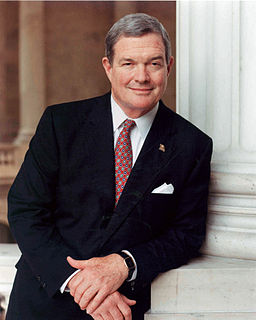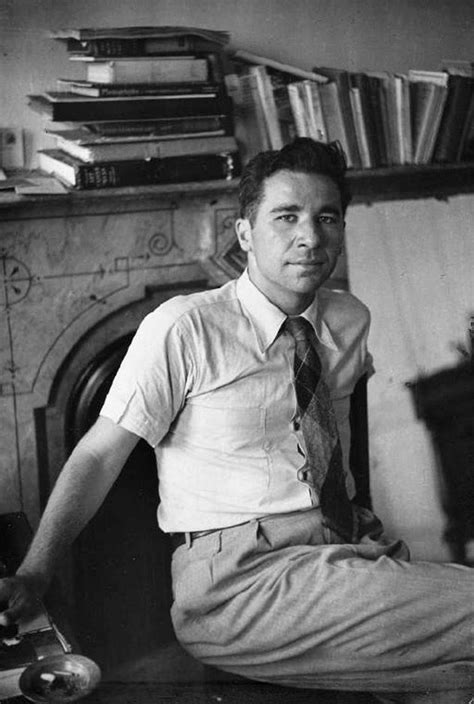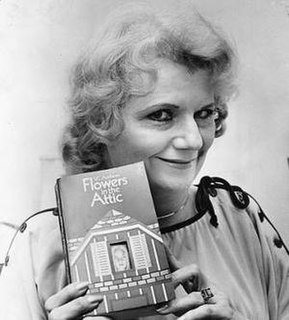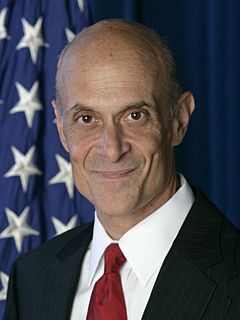A Quote by Donna Brazile
After Katrina, no one was the same. People, relatives, they were dying one after another.
Related Quotes
From the moment my dad died, from the moment I found out there was the possibility of his dying, there were many surprises - years after, minutes after. The moments I was okay were as surprising as the ones that I wasn't. Making it through the eulogy without losing it. And then the guilt I felt about it. Surprise!
After it's all over, the early childhood, a chain of birthdays woven with candlelight, piles of presents, voices of relatives singing and praising your promise and future, after the years of schooling, fitting yourself into different size desks, memorizing, reciting, reporting, and performing for jury after jury of teachers, counselors, and administrators, you still feel inadequate, alone, vulnerable, and naked in a world that can be unforgiving and terribly demanding.


